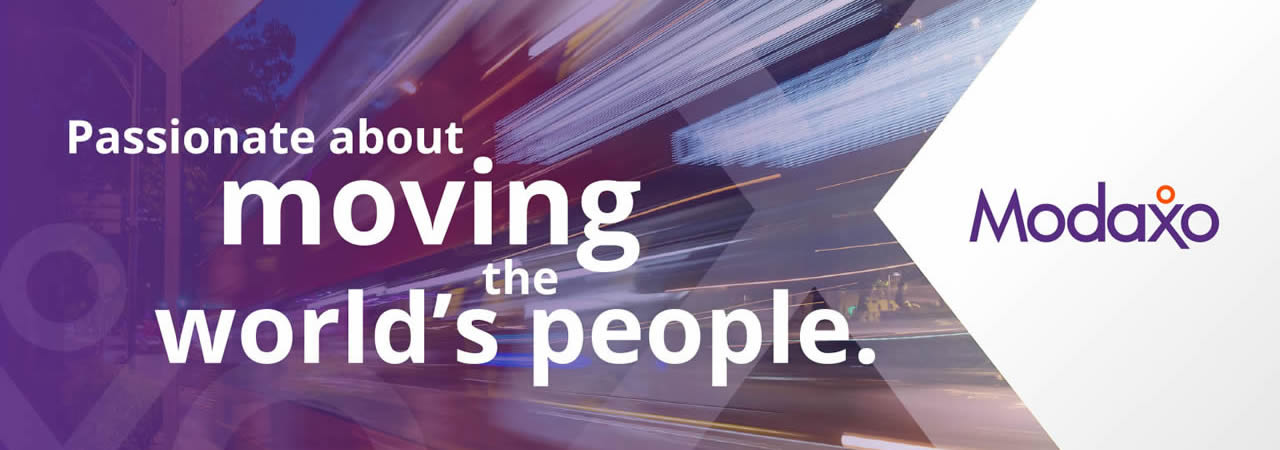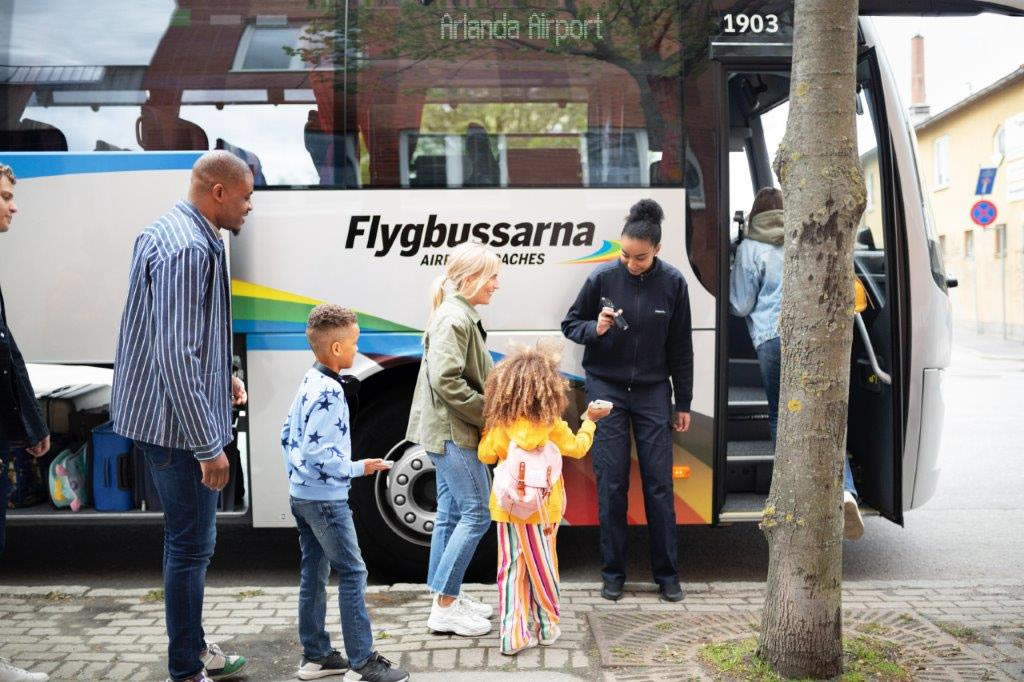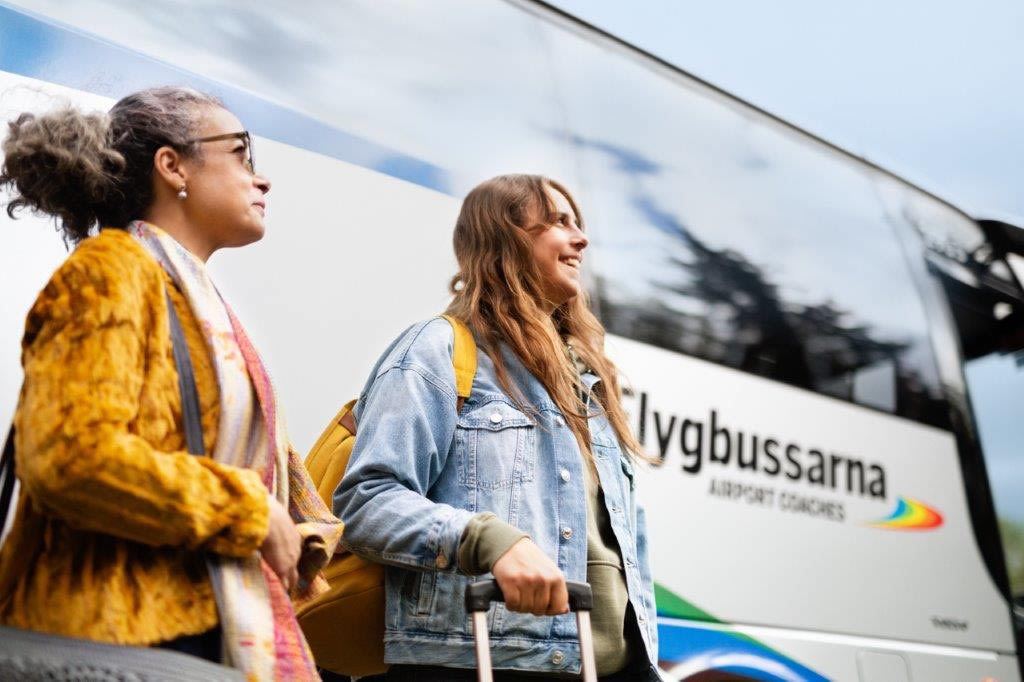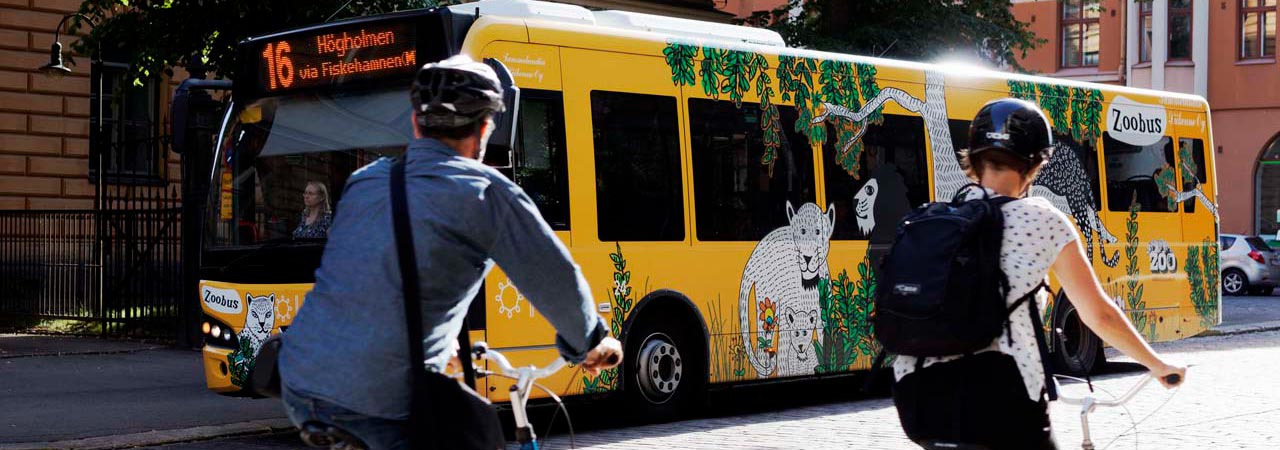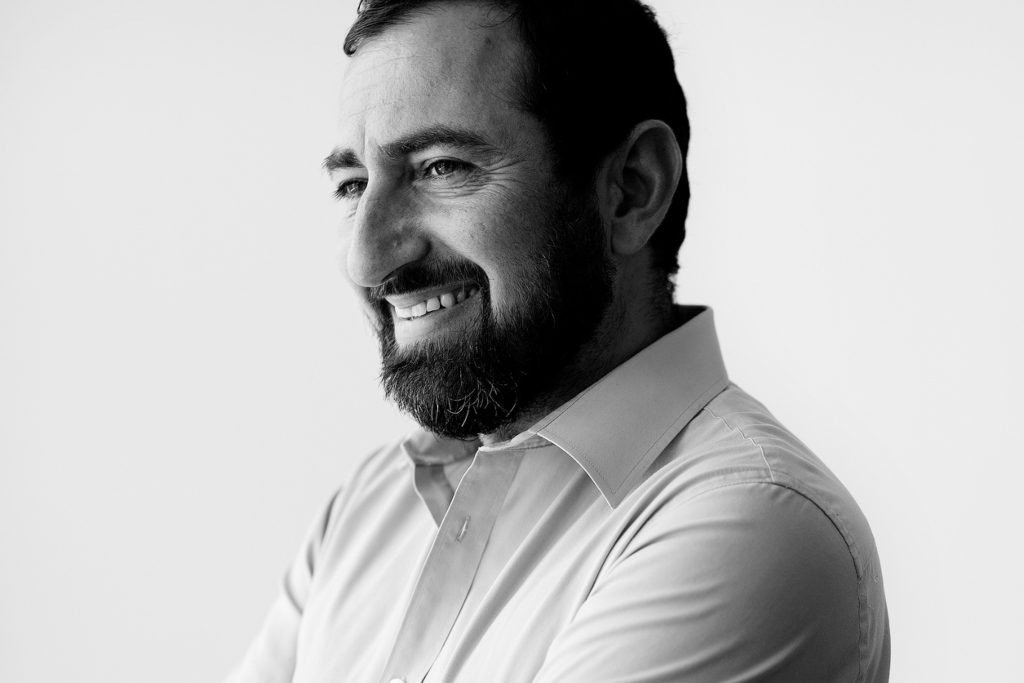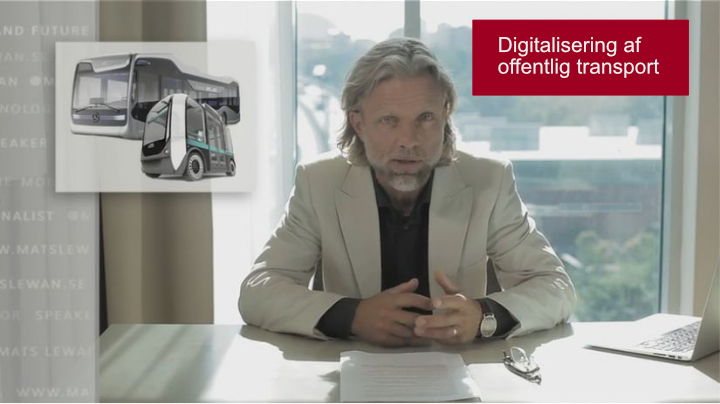Global Covid-19 Response: The New Challenges of Recovery
Over the past few months, Trapeze staff across the world have been coordinating a series of sessions in which we shared knowledge with our colleagues and customers.
In doing so it has become apparent that the sharing of information – both empirical data such as Nextstrain and Google’s Community Mobility Reports, and anecdotal perspectives and best practices – has been hugely valuable for all concerned.
However, as public transport recovery now moves into a different phase, additional requirements are emerging. At this stage I believe our focus must now turn to the restoration of confidence, and the implementation of processes that will deliver greater flexibility and robustness in the future.
Changing Demand and New Challenges
Encountering a worldwide pandemic has inevitably changed many aspects of our everyday lives, including how and when we use public transport and where we travel to and from. We have always anticipated that on demand transport would play more of prominent role in the future, but public transport authorities and operators may now need to prepare for this change sooner than previously expected.
As you know, here in Scandinavia we have seen passenger ridership fall significantly – though in most instances to a lesser extent than elsewhere around the world: some US states have reportedly seen ridership drop by 90% or more.
Over the past few months Trapeze staff and many of our transport provider customers have found Google’s Community Mobility Reports to be an invaluable tool, revealing overall trends and helping to confirm behavioural patterns such as travel to and from hospitals and health centres.
At the same time, this data is throwing up some interesting insights from a public transport perspective. In some regions, travel to and within parks has unsurprisingly increased – though this typically involves walking or other forms of active travel.
Meanwhile, in other regions we have noticed that anticipated increases, such as to and from supermarkets, have not transpired. This perhaps suggests that the increased adoption of online shopping has become more permanently ingrained in the populace, which will likely impact future travel patterns.
Similarly, while some regions show that office travel has returned in recent weeks, it seems likely that post-Covid-19 there will be some level of wider shift towards working from home – if only some of the time and for some workers.
This may be slightly worrying from a transport perspective, but in some respects it is merely an acceleration of an existing trend, and simply confirms the need to provide greater mobility flexibility to meet demand.
Finally, many regions are also now seeing localised lockdowns, meaning that demand is changing by area, while fears over additional Covid-19 waves remain. All of these factors clearly show that while the situation is improved, there are still huge challenges in relation to bus operations and scheduling.
Meeting Passenger Needs at Home and Overseas
In speaking with colleagues in North America, I was interested to learn that real-time cleanliness reporting is now being used as an innovative way to increase passenger confidence levels. In this way, passengers can not only see live arrival and departure times; they can also be assured of when the vehicle was last cleaned.
Similarly, the US is now seeing increased focus on live loading information, indicating whether a bus is full or has capacity (in relation to present social distancing guidelines), which can be communicated out to the public via on-street signs or mobile apps.
However, there is a significant limitation here: the data currently displayed usually tends to cover present loading level; it doesn’t tell passengers how many people will board or alight in the stops between now and the intended boarding time.
While this may appear a significant obstacle, we are exploring the potential to overlay historic data with present information in order to accurately predict not only the arrival time, but the number of people who will be aboard – and therefore the available capacity.
Demand-Based Services
Restoring passenger confidence is of course vital, but it is also important to consider the types of services we deliver.
Here in Scandinavia it has long been common for operators to feed back to the authorities regarding passenger numbers on each route.
However, today, with such sudden uncertainty in terms of ridership figures, this data can serve a range of new purposes: we can utilise it to manage loading levels and thereby keep passengers safe, but also to analyse demand in something close to real time, thereby shaping future services to more closely reflect current travel patterns.
Globally, some of the operators we work with have switched some services from fixed bus routes to Demand Responsive Transport (DRT), and others are now implementing ‘Flex’ routes as a way to meet changing demand.
The AARP Public Policy Institute, which works with organisations across the world to offer better opportunities for ageing populations, recently recognised the quality and efficiency of Flex services in Denmark when it undertook a study of operations at FlexDanmark, which of course utilises Trapeze technology.
FlexDanmark shows that we already have the tools and resources in place to maximise the type of demand transport which is now generating significant interest in many regions, due to its potential to meet passenger requirements more effectively, enabling passengers to essentially ‘hail’ a bus – but one that is completely integrated within the wider transport network.
Managing Future Disruption
However, it is now becoming clear that recovery from Covid-19 will not be straight forward. There are challenges ahead, and we must be able to adapt to whatever we face.
Additionally, without wishing to sound in any way alarmist, we should recognise the need introduce greater flexibility and resilience in our systems and processes. My colleagues in North America haven’t only faced Covid-19 this year: there have been riots in parts of the United States, as well as significant disruption caused from extreme weather events.
While Europe may not have suffered at quite the same level, climate change is an increasing threat to us all; we are all focused on how to adapt to increasing requirements for electric vehicles; and if the past few months have told us anything, perhaps it is that we should not take anything for granted.
I believe we must all work to deliver greater resilience in our public transport network. Suppliers such as Trapeze have a critical role to play here: by harnessing data and utilising the latest technology we can implement systems that enable operators to keep servicing passenger requirements, and maintain that precious public confidence, whatever comes our way.
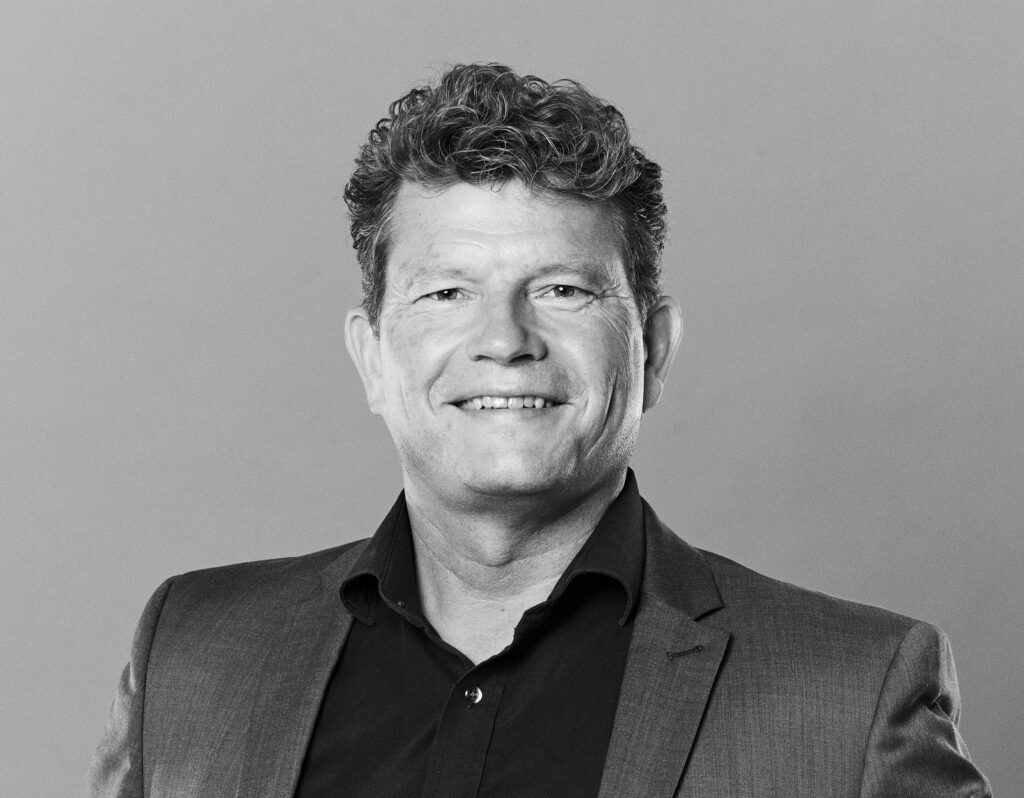
Christian Erikstrup, CSO at Trapeze in Scandinavia, reports on recent developments within the global transport sector

